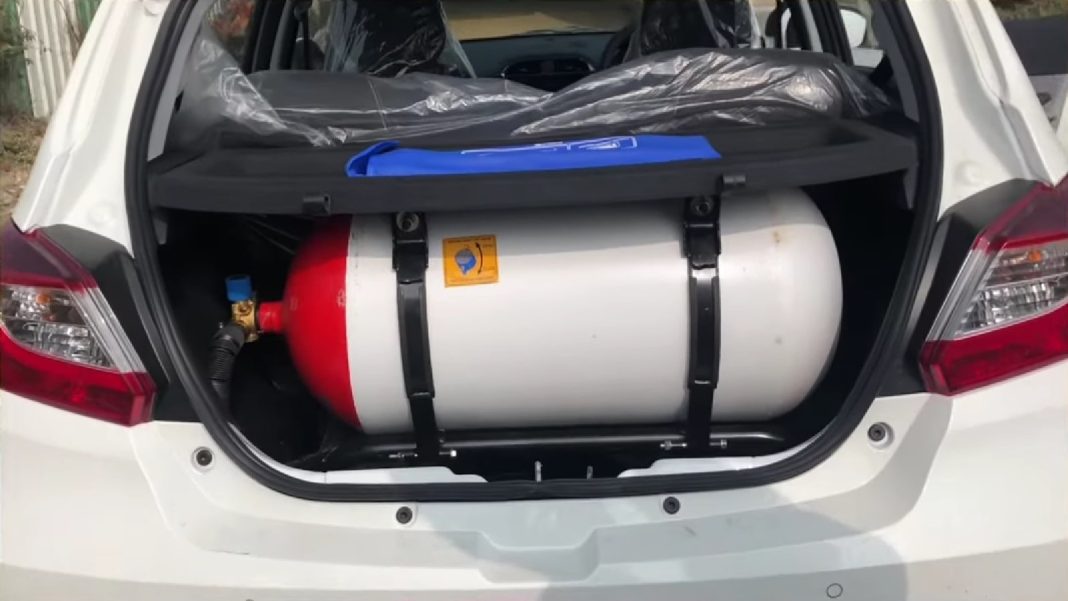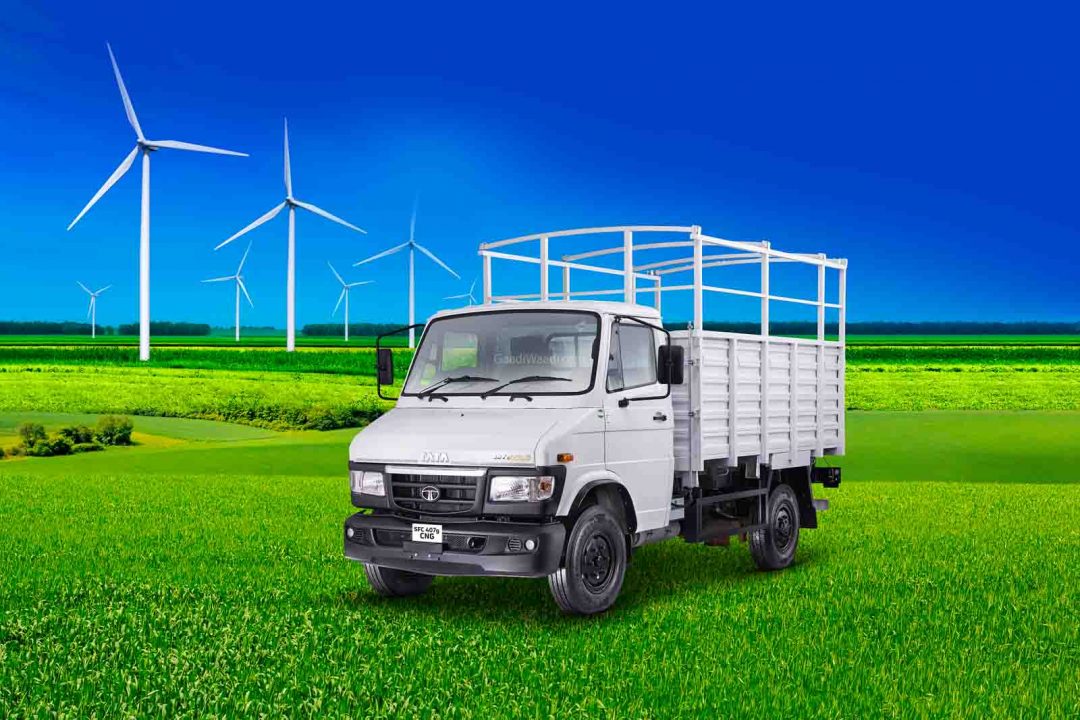
A draft proposal notification for allowing CNG and LPG kit retro-fitment in BS6-compliant cars has been issued by MoRTH
Ministry of Road Transport and Highways (MoRTH), has issued a draft notification, stating that BS6 cars are now allowed to be retro-fitted with CNG or LPG kits. Also, diesel-powered cars (BS6 models weighing less than 3.5 tonnes) are now allowed to replace their engines with powerplants that are capable of running CNG or LPG.
Till now, only BS4-compliant cars were allowed to retro-fit CNG and LPG kits. The type-approval requirements for the fitment are shared with the notification. In it, the ministry has stated that CNG is a cleaner fuel compared to petrol and diesel, as it generates significantly less carbon monoxide, hydrocarbon, particulate matter, and smoke emissions.
In the past two years, the popularity of CNG-powered cars has increased significantly in India. Manufacturers like Maruti Suzuki, Hyundai, and Tata Motors are offering factory-fitted CNG kits on a few of their cars, while no car comes with a factory-fitted LPG kit currently. By allowing retro-fitting in BS6 cars, car buyers will now have a lot more options available to them.
MoRTH has issued a draft proposal to allow retro fitment of CNG & LPG kit, and replacement of diesel engines with CNG/LPG engines, in case of Bharat Stage (BS)-VI vehicles, less than 3.5 tonnes. pic.twitter.com/yKEoBpUFmf
— MORTHINDIA (@MORTHIndia) January 29, 2022
It should be noted that in Delhi, retro-fitting electric powertrains to vehicles is allowed, in petrol cars older than 15 years and diesel cars older than 10 years. As per National Green Tribunal (NGT) orders, petrol and diesel vehicles older than the prior mentioned age are not allowed to drive in the national capital due to pollution concerns.
At the 2021 Glasgow summit, the government of India committed to a target of net-zero greenhouse emissions (becoming carbon neutral) by 2070. By 2030, the govt is planning to cut greenhouse emissions down by 45 per cent, which is quite an ambitious goal. It would be quite a difficult task for India, as our economy is heavily dependent on coal and oil at the moment.
The government of India has also been aggressively pushing for electric vehicles. To promote EVs, the centre and some state governments have announced subsidies for electric vehicles, which cover two-wheelers, passenger cars, as well as commercial cars in the electric vehicle segment. With EV battery manufacturing plants being set up in India, electric vehicles are expected to go mainstream in a few years.

